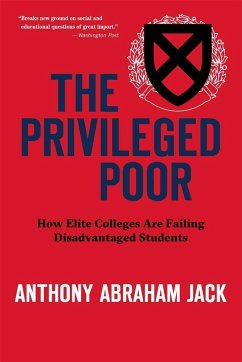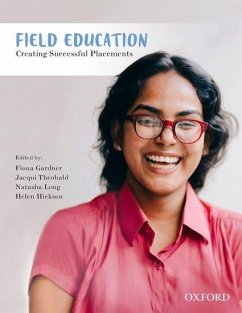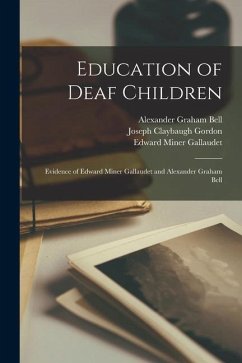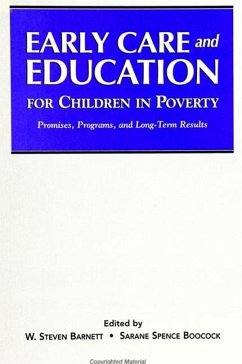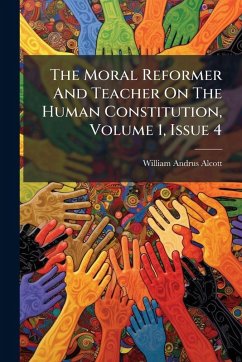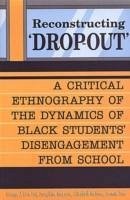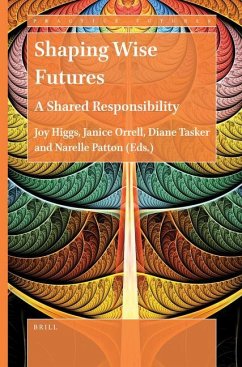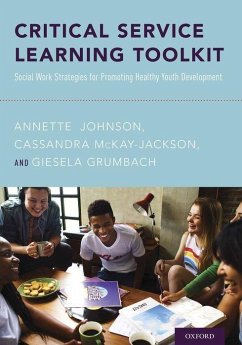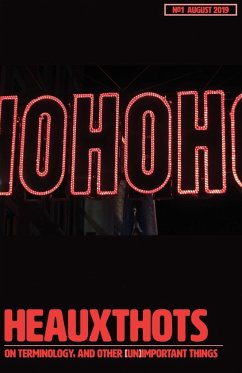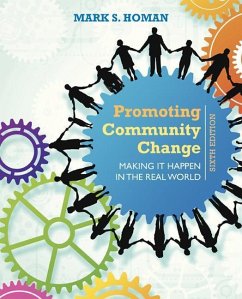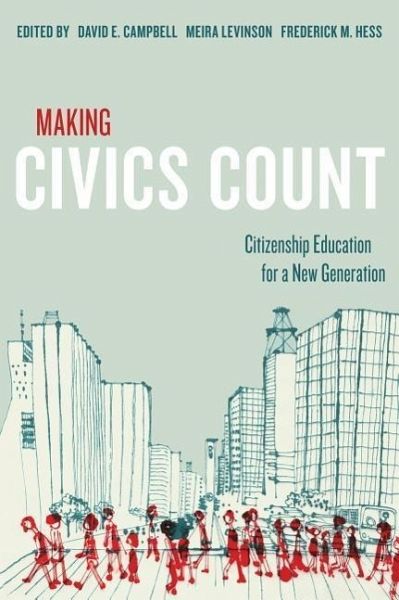
Making Civics Count
Citizenship Education for a New Generation
Herausgeber: Campbell, David E; Hess, Frederick M; Levinson, Meira

PAYBACK Punkte
15 °P sammeln!
“By nearly every measure, Americans are less engaged in their communities and political activity than generations past.” So write the editors of this volume, who survey the current practices and history of citizenship education in the United States. They argue that the current period of “creative destruction”—when schools are closing and opening in response to reform mandates—is an ideal time to take an in-depth look at how successful strategies and programs promote civic education and good citizenship. Making Civics Count offers research-based insights into what diverse students a...
“By nearly every measure, Americans are less engaged in their communities and political activity than generations past.” So write the editors of this volume, who survey the current practices and history of citizenship education in the United States. They argue that the current period of “creative destruction”—when schools are closing and opening in response to reform mandates—is an ideal time to take an in-depth look at how successful strategies and programs promote civic education and good citizenship. Making Civics Count offers research-based insights into what diverse students and teachers know and do as civic actors, and proposes a blueprint for civic education for a new generation that is both practical and visionary.




